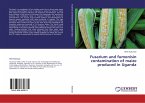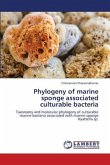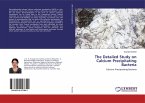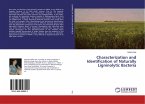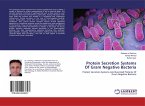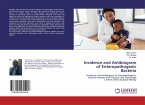The marine surface-associated bacterium Pseudoaltermonas tunicata, produces a range of compounds that inhibit fouling organisms, including invertebrate larvae, bacteria, algal spores and fungi. In addition to these antifouling compounds P. tunicata cells produce both a yellow and a purple pigment. The aim of this thesis was to further characterise the antifouling activities, their regulation and relationship with pigmentation, and the ecological significance of P. tunicata and related organisms.
Hinweis: Dieser Artikel kann nur an eine deutsche Lieferadresse ausgeliefert werden.
Hinweis: Dieser Artikel kann nur an eine deutsche Lieferadresse ausgeliefert werden.


